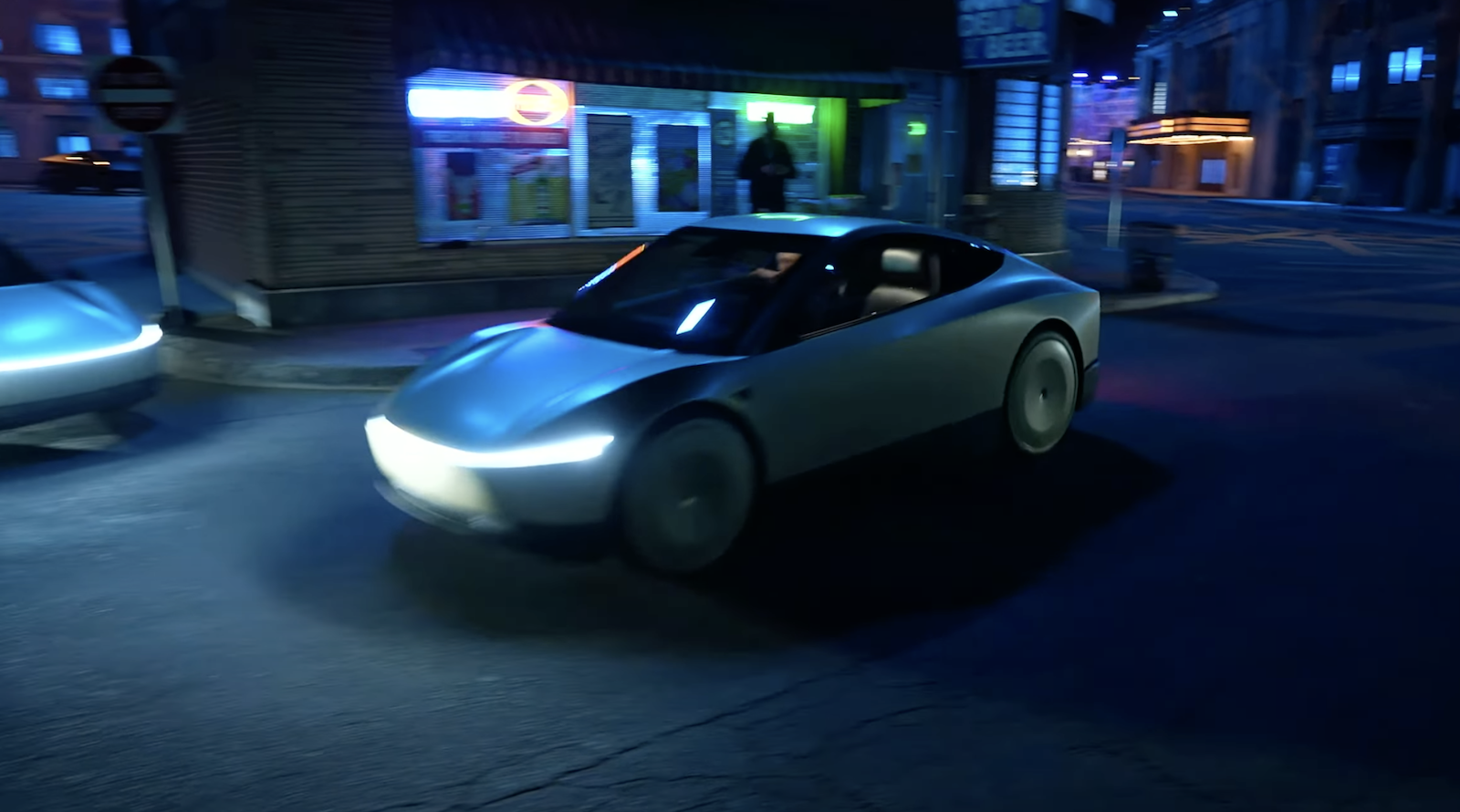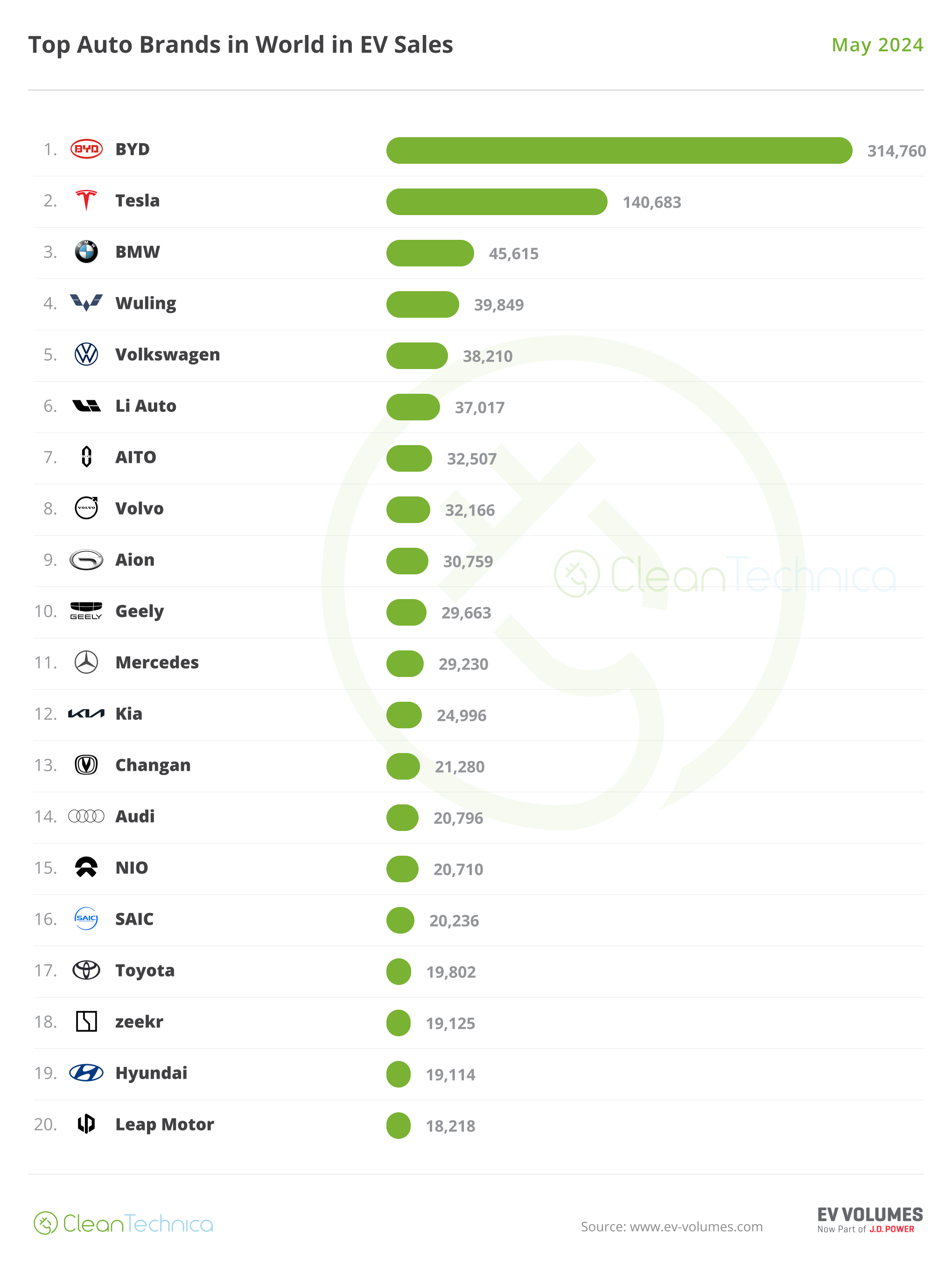Sign up for daily news updates from CleanTechnica on email. Or follow us on Google News!
A recent video at CheapRVLiving on YouTube shows us that the comforts of home don’t necessarily require a lot of electrical power to enjoy. While Bob Wells’ motivation for saving on electrical power may differ a lot from the average cleantech investor or enthusiast/activist, the result is much the same: lower power costs, lower impacts, and less money spent.
Before I get into what this means more broadly, let’s first take a look at the video:
While most people want a larger clothes washer with more features, we also have to keep in mind that people living an off-grid nomadic life have to optimize for other things.
A big one is space. If you’re living in a van or RV, or even just living in a car like some people do, you’re limited to a very small space budget. The more things you can use that perform two or even three tasks, the better. For example, most RVs have a cover you can put over the sink to increase counter space when you’re not using the sink. So, people looking to add a washing machine into a vehicle or a small off-grid camper need it to be smaller than the average machine.
Another very important consideration is power. If you’re at home in a neighborhood with power, you can pull up to 16 amps from most washing machine circuits all day long. Sure, that would cost you something, but the power is available and there to use. But, if you’re off-grid in a camper, van, or homestead, pulling 16 amps at 120 volts would deplete a lot of battery power. This means your ability to do other things like cook or use AC would be diminished unless you get more solar panels and more battery storage.
This machine, while not fully featured, only pulls a maximum of 360 watts and an average of 50 watts over the course of a load. This means that instead of depleting batteries, most off-grid setups, even modest ones, would be able to power this while still doing other useful things. Larger off-grid solar setups wouldn’t struggle at all.
It’s worth noting, however, that washers use a lot less power than dryers. In most U.S. homes, the washer has a 20-amp 120v circuit, while the dryer has access to 240 volts at up to 30 amps. This means that for off-grid situations, you’re looking at running a clothesline instead of coming up with the kind of power (6 kWh per load) that you’d need to use an electric dryer.
So, it should be pretty obvious why someone like Bob would be interested in reviewing the appliance. The advantages of being able to use a dishwasher instead of hand-washing or going back into town to visit a laundromat are big.
What This Means For On-Grid Living
The typical home washer uses a lot more power than the one reviewed in the video. Instead of pulling only an average of about 50 watts, they use between 400 and 1400 watts, with 850 watts being a good average. If a load takes an hour to wash, that means an average of 850 watt-hours per load. If you do 8 loads per month, that’s almost 7 kWh per month. Compared to the 400 watt-hours the more efficient off-grid washer uses for the same loads (with no dryer load following), we’re talking about a lot of energy being used that doesn’t need to be.
So, we should really start pushing appliance manufacturers to come up with better, more energy efficient appliances. When we consider every washer that’s using all that extra energy, we’re talking about a real impact to emissions, replacing fossil fuels on electrical grids, and wasted money.
The Deeper Problem: People Always Want More
While more fully-featured washing machines could be more efficient, they might not end up being quite as efficient as the one in the video. Extra features mean more power, even if they probably don’t need as much power as the average one uses today.
But, there’s one barrier that’s harder to beat than power consumption: cost. More efficient fully-featured machines would cost more. Add a heat pump dryer, and the cost ends up being even higher. But, who wants to waste money on a more environmentally friendly washer and dryer when there’s so many other things to buy?
I don’t want to be one of those people who falsely claims that poor people need to stop buying coffee at Starbucks to stop being poor. Compared to things like the cost of housing, utilities, and cars, the cost of something like coffee is minimal. Besides, most of the people who think people would be less poor if they bought less stuff would be in bad shape if people kept buying stuff. They don’t really want that, because they are the ones selling all of the stuff!
So, no, I’m not saying that people need to live a joyless life to buy more expensive appliances that impact the environment less. Instead, we should be looking at things that don’t really bring joy. There’s an endless number of things out there to buy, with a lot of it being junk that ends up getting forgotten within a few days. There are also endless pointless upgrades one can make that don’t enhance life, like a larger house a small family doesn’t need, luxury cars with pointless features and ornaments, lift kits for trucks that don’t leave pavement, and many other things that signal to others that one is wealthy.
This cultural phenomenon is known as conspicuous consumption. For people in many cultures, it’s not enough to get wealthy. The important thing is to show off that wealth, or worse, try to look wealthy while not actually being wealthy. Everyone is taught from a young age (even if not directly) that this is a life goal. We’re always supposed to have the best things we can possibly have.
What does this have to do with appliances? Well, if you have the choice of spending a few hundred extra bucks on the more efficient dryer that nobody sees versus spending it on something people can see, most people have been indoctrinated to spend the money on those things instead.
So, if we want to get there, we have to work on changing the culture. Spending on things that actually bring life quality (lower monthly bills) instead of looking more wealthy makes a lot more sense.
Featured image by Costway.
Have a tip for CleanTechnica? Want to advertise? Want to suggest a guest for our CleanTech Talk podcast? Contact us here.
Latest CleanTechnica.TV Videos
CleanTechnica uses affiliate links. See our policy here.
CleanTechnica’s Comment Policy





